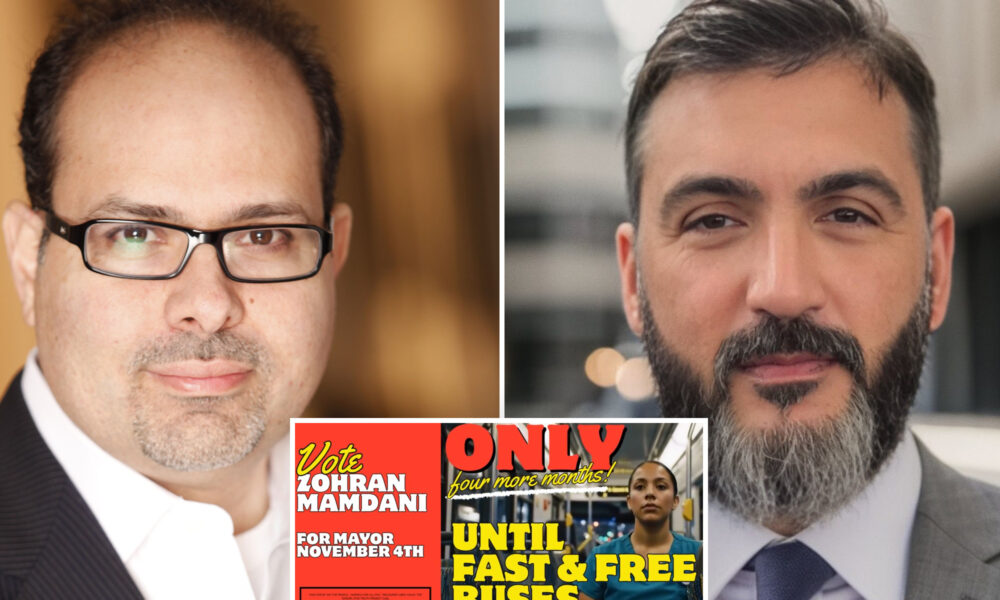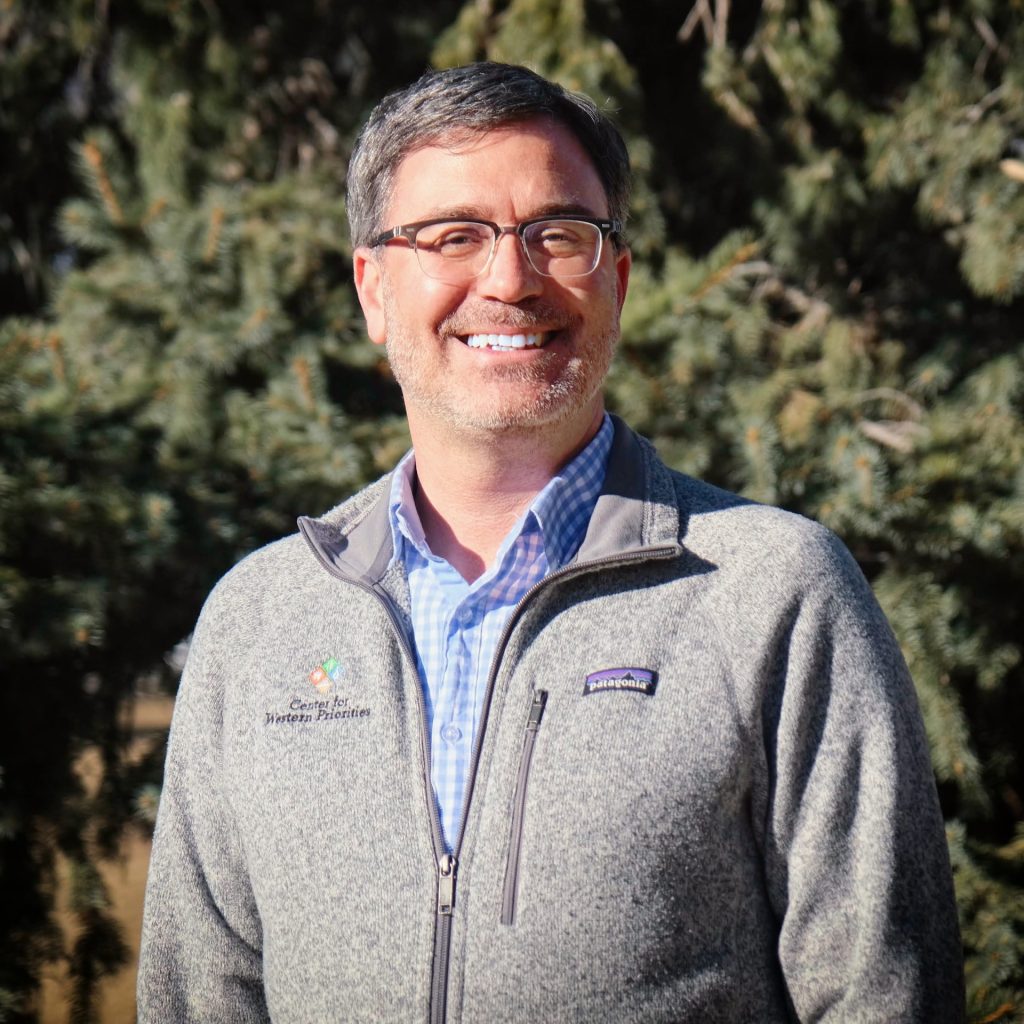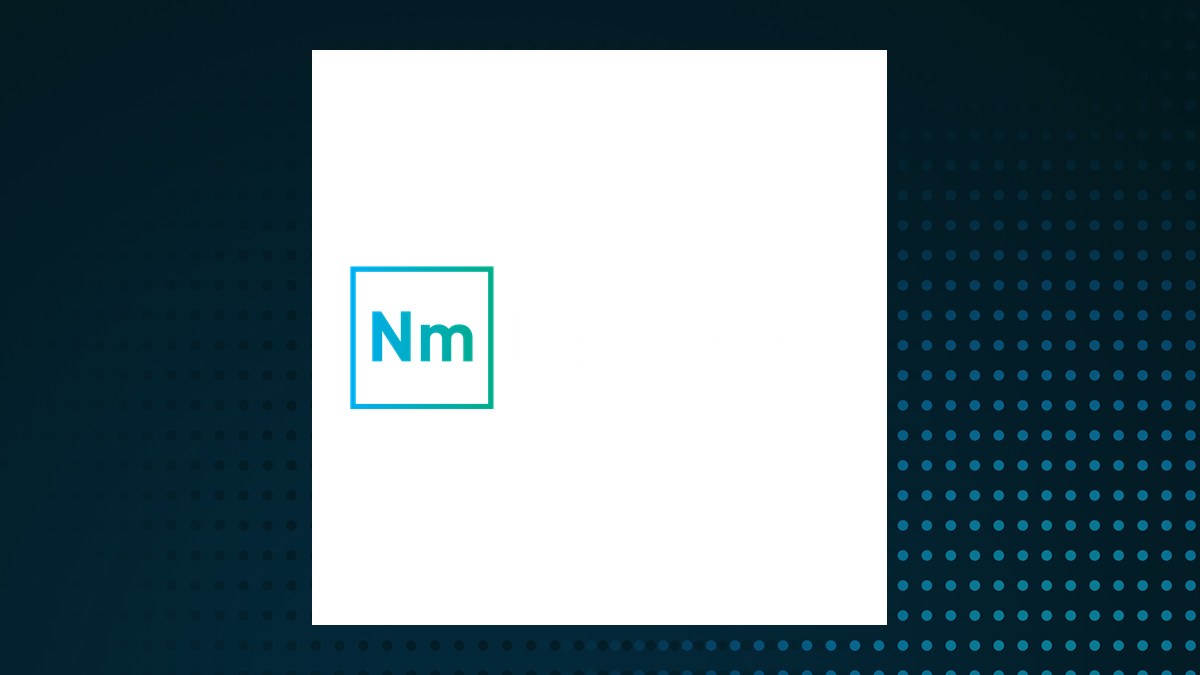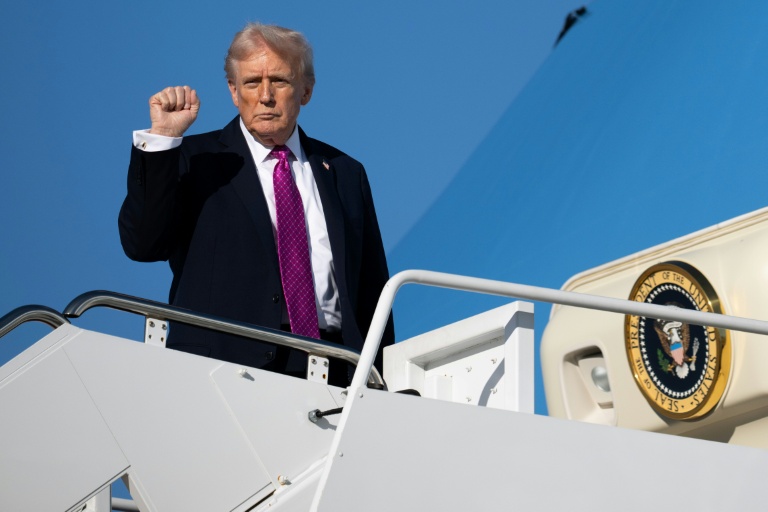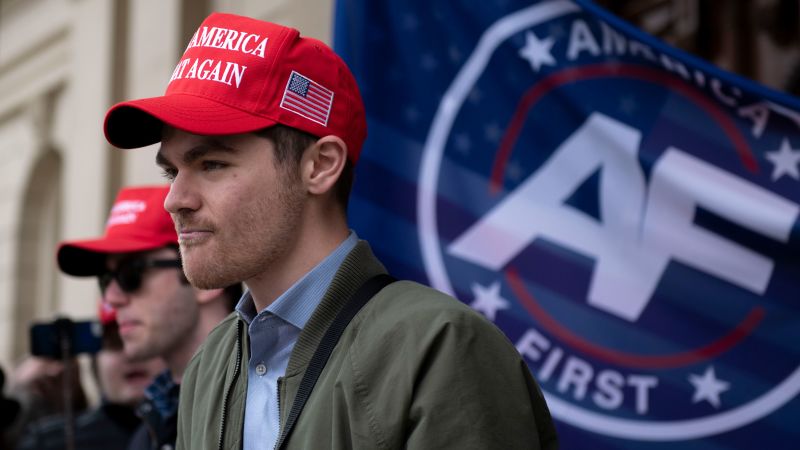A political action committee (PAC) supporting New York City mayoral candidate Zohran Mamdani has come under scrutiny due to its connections with a New Jersey-based Palestinian organization linked to a member of a terror group involved in the October 7, 2023 attacks on Israel. The PAC, known as We the People, America For All, has spent over $36,000 on video billboard advertisements promoting Mamdani’s initiative to eliminate bus fares in the city, as indicated by campaign finance records.
The PAC’s primary donor is The Truth Project, chaired by New Jersey attorney Abed Awad. He is a prominent figure in the Palestinian-American Community Center in Clifton, New Jersey, where he also serves as treasurer for the PAC. The president of the Community Center, Diab Mustafa, was one of the founding trustees of The Truth Project when it was established in 2022.
The Palestinian-American Community Center garnered significant backlash in April when it hosted a livestream address from Wisam Rafeedie, a known member of the Popular Front for the Liberation of Palestine (PFLP), a group designated as a terrorist organization by the U.S. Department of the Treasury. The PFLP has been implicated in various acts of violence, including the recent assault on Israel. The center has also endorsed Rafeedie’s publications and frequently featured speakers affiliated with Samidoun, which multiple nations, including the U.S. and Germany, have recognized as a PFLP front group.
Concerns Over Political Strategy
The Network Contagion Research Center (NCRI), which monitors political extremism, expressed concerns about the PAC’s focus on Mamdani’s bus fare proposal. According to Alex Goldenberg, a senior advisor at the NCRI, the PAC’s strategy reflects a common tactic employed by fringe groups to gain legitimacy by adopting mainstream issues rather than focusing on their core agendas. “These actors are engaging in entryism by adopting a popular, non-controversial issue not because it reflects their true mission, but because it gives them an easy way to gain legitimacy,” Goldenberg stated.
The PAC is also linked to the “Uncommitted” movement, which split the Democratic Party in the previous election cycle. In 2022, it collaborated with the American Arab Anti-Discrimination Committee, where Awad is a board member, to encourage Arab Americans to withdraw support from President Joe Biden and Vice President Kamala Harris due to their policies on Israel. Awad’s son, Ahmad Awad, was an Uncommitted delegate at the Democratic National Convention and is also a founding trustee of The Truth Project.
Former D.C. political consultant Mohammed “Mo” Maraqa, another co-founder of The Truth Project, led digital strategy for the Anti-Discrimination Committee during the campaign. Critics within the Democratic Party have blamed the Uncommitted movement for losses in key states, such as Michigan, during the elections.
Financial Transparency and Regulatory Compliance
Despite the significant financial backing for Mamdani’s campaign, the PAC has not disclosed the specific sources of its funding. Awad indicated that the money supporting the pro-Mamdani advertisements has been funneled through The Truth Project and Maraqa’s firm, Molitico Consulting, but maintains that the PAC has not yet met the thresholds requiring financial disclosure.
The New York City Campaign Finance Board declined to comment on the matter. Awad emphasized that the PAC has adhered to all relevant city and state regulations, asserting that it operates independently from the other organizations with which he and Maraqa are associated. “The Truth Project has had no further role, financial or otherwise, in the PAC’s activities beyond what has already been publicly disclosed,” he stated.
Maraqa also distanced himself from the PFLP and its affiliates, asserting, “I am in no way associated, nor have I ever been associated with PFLP/Samidoun and, of course, denounce the group and every other terrorist organization which participated in the October 7th attack on civilians.”
As the New York City mayoral race progresses, the implications of these connections may shape the electoral landscape, raising questions about the intersection of campaign financing and affiliations with controversial organizations.

